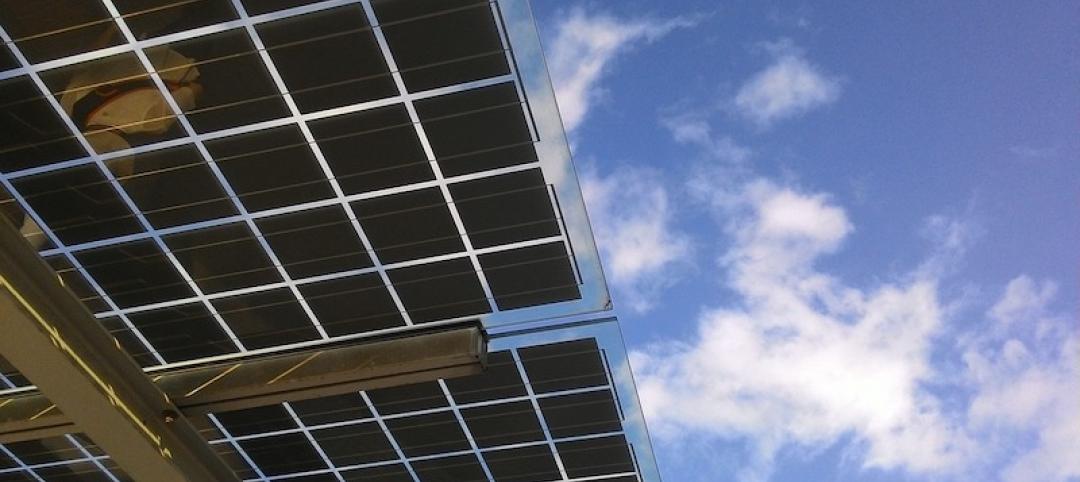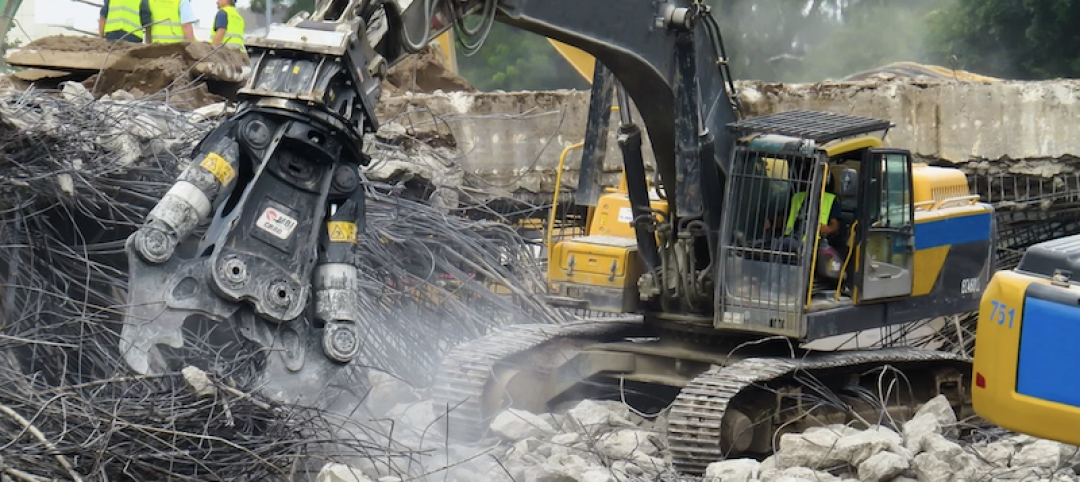At least 30 major U.S. cities have adopted stricter building energy codes since 2017, according to the 2019 City Clean Energy Scorecard released by the American Council for an Energy-Efficient Economy (ACEEE).
Since 2017, nine cities adopted more energy efficient building energy codes: Las Vegas, Mesa, New York, Philadelphia, Phoenix, Reno, San Antonio, St. Louis, and Tucson. Five cities successfully advocated for their states to adopt more stringent standards: Columbus, Cincinnati, Cleveland, Pittsburgh, and Seattle.
Another eight cities adopted efficiency requirements for existing buildings: Chicago, Denver, Minneapolis, New York, Reno, Salt Lake City, San José, and Washington, D.C. These changes will help address climate change, as residential and commercial buildings account for about 36% of total energy-related carbon dioxide emissions each year, ACEEE says.
Six states—Connecticut, Florida, Kentucky, Ohio, Pennsylvania, and Virginia—adopted updated codes that strengthened codes in 15 Scorecard cities. Three cities in the Northeast—Boston, New York, and Worcester, Mass., have all adopted stretch codes that go beyond baseline state codes.
Related Stories
Codes and Standards | Dec 18, 2019
Maryland lawmakers take on blocked sidewalks during construction projects
Legislation clarifies developers’ responsibilities.
Codes and Standards | Dec 18, 2019
New York City passes legislation to prevent bird strikes on buildings
Requires bird-safe materials on first 75 feet of a structure.
Codes and Standards | Dec 16, 2019
New Buildings Institute seeks entries for Zero Buildings Database
Listing illustrates feasibility of ultra low-energy buildings.
Codes and Standards | Dec 13, 2019
USGBC launches new tool to prioritize sustainability strategies
Highlights building design features that can lead to better performance.
Codes and Standards | Dec 12, 2019
Coalition calls for consistent building data disclosure regulations in Canada
Major real estate firms are driving the effort.
Codes and Standards | Dec 10, 2019
Utilities rolling out more grid-interactive efficient building programs
Focus is on energy savings and demand flexibility.
Codes and Standards | Dec 9, 2019
Canada’s Zero Carbon Building Standard reports first 10 certifications
Projects include new and existing offices, schools, and warehouses.
Codes and Standards | Dec 6, 2019
New research examines flood mitigation policies in the U.S.
Thirteen states or cities have adopted effective measures; some restricting development in vulnerable areas.
Codes and Standards | Dec 5, 2019
USGBC unveils vision for LEED Positive
Roadmap will lay foundation for a future LEED that is regenerative.
Codes and Standards | Dec 5, 2019
Report shows reducing embodied carbon can save money and help mitigate climate change
Embodied carbon now accounts for 11% of global greenhouse gas emissions.

















